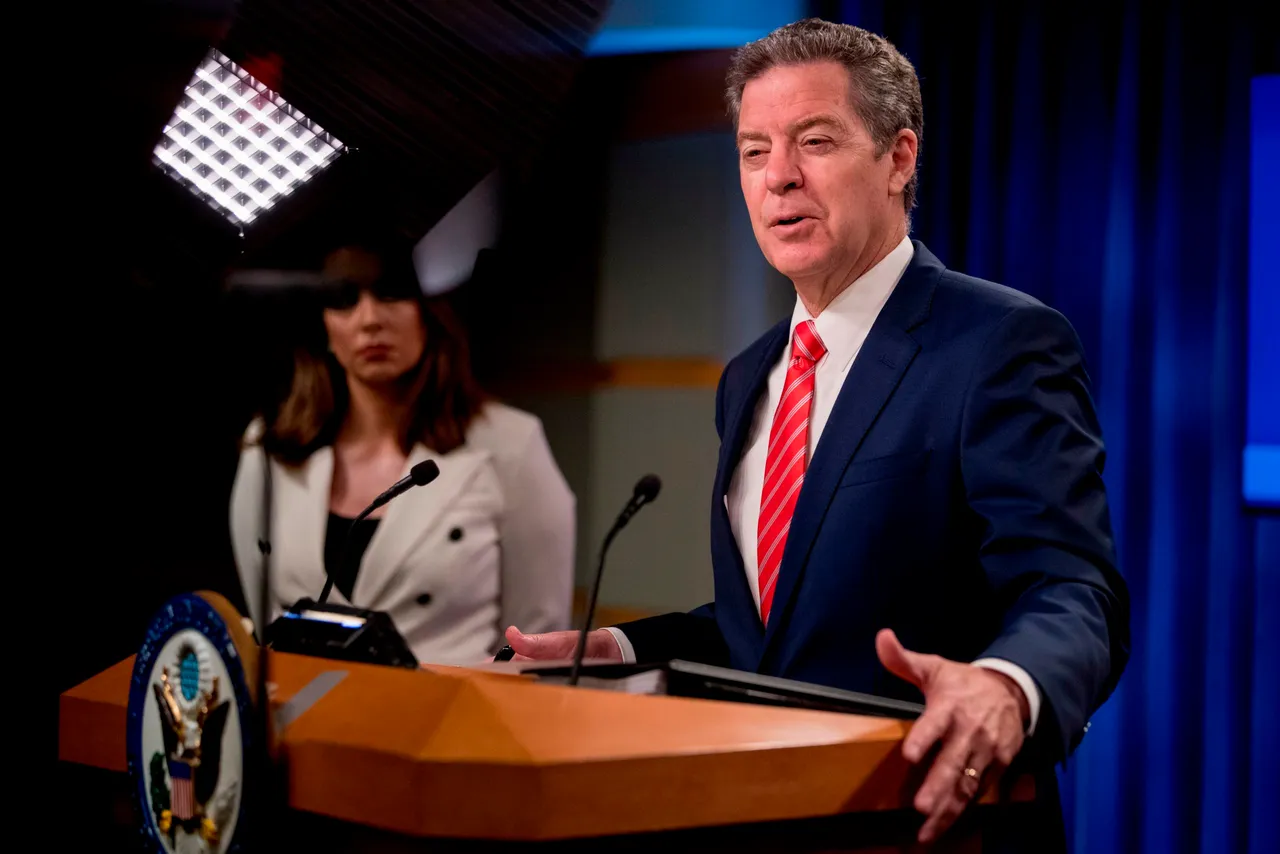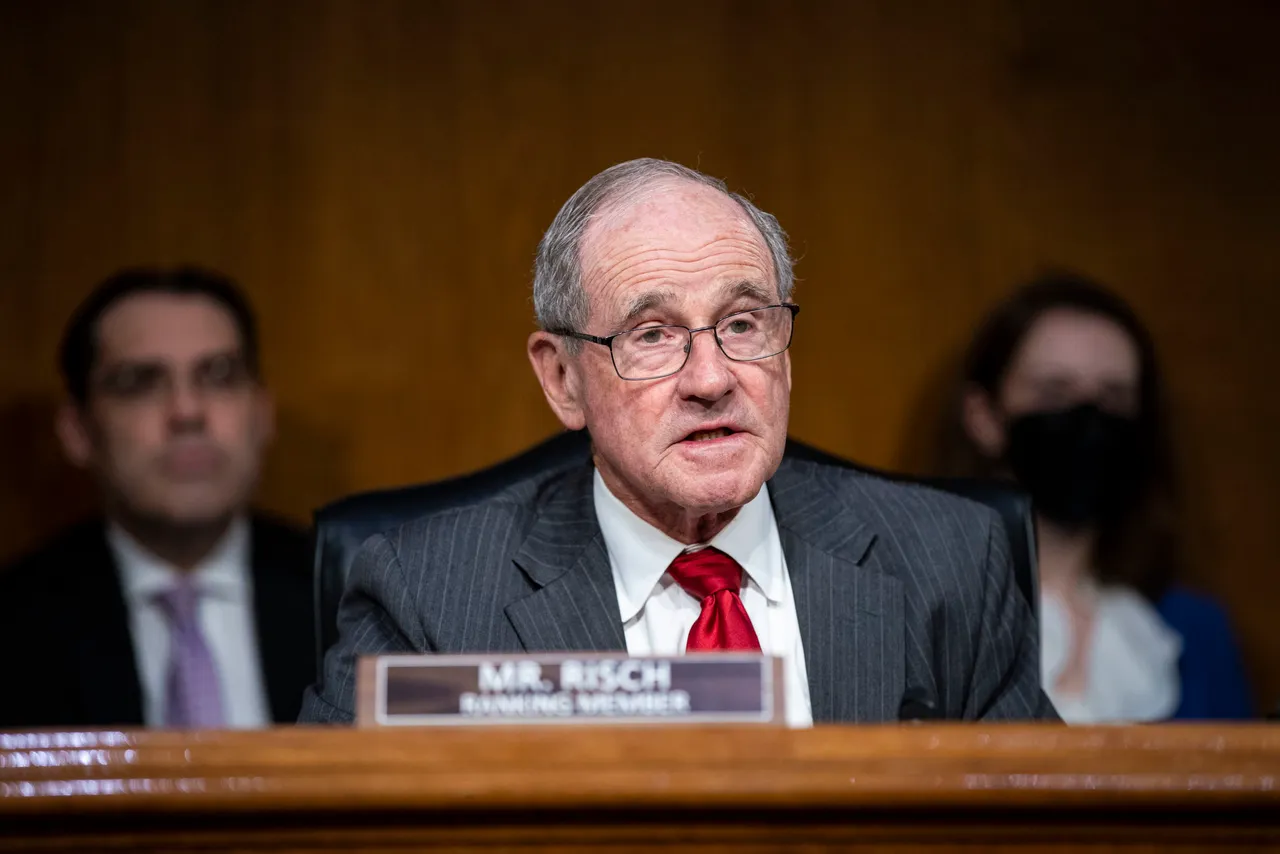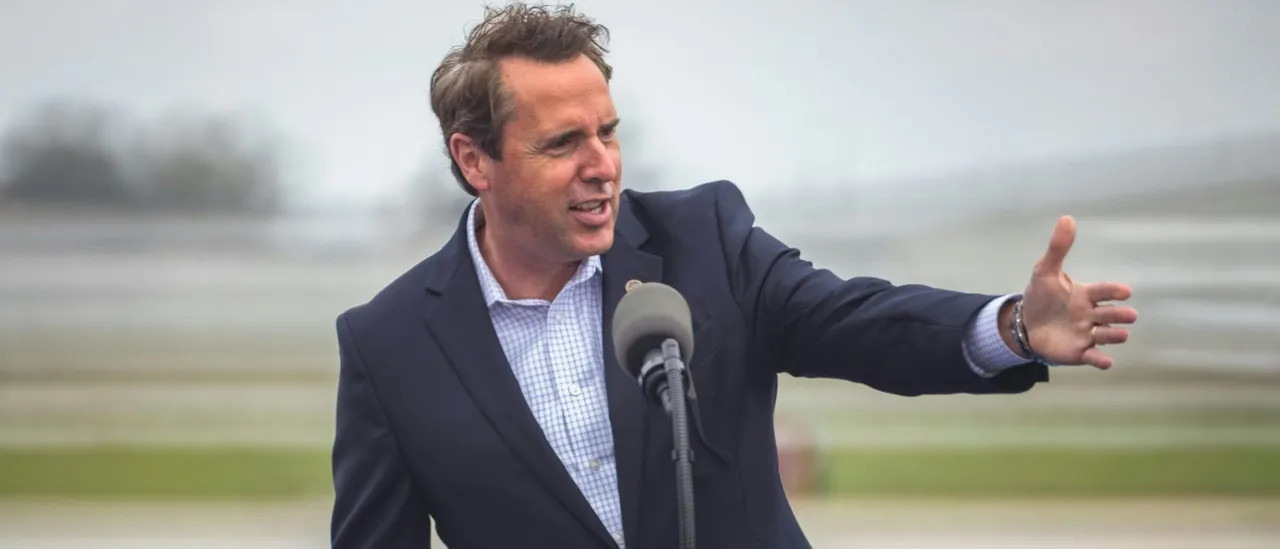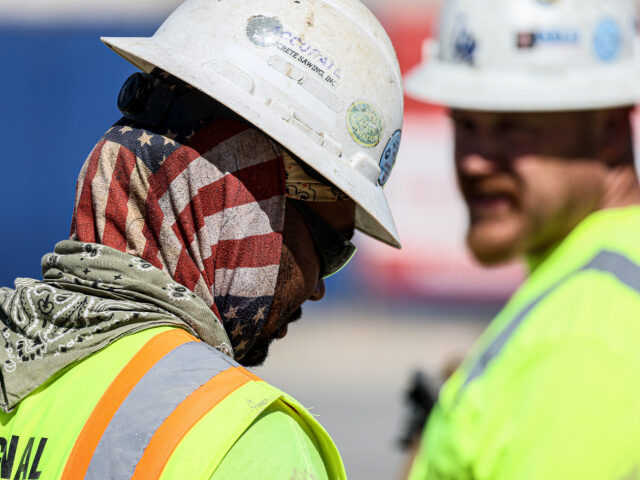While religious persecution is exploding across the globe — and while Christians in places like Nigeria are being slaughtered by Islamic extremists — the U.S. Senate is somehow still “too busy” to confirm President Donald Trump’s ambassador-at-large for International Religious Freedom. Because if there’s one thing Washington is famous for, it’s dragging its feet on the issues that actually matter.
Former North Carolina Rep. Mark Walker, Trump’s nominee, has now waited more than seven months for his confirmation. Seven months. And this is for a role the administration, global advocates, and former officials all agree is absolutely critical. The seat remains empty even after Trump designated Nigeria a “Country of Particular Concern” following the killing of thousands of Christians. But sure, the Senate has priorities.
Trump praised Walker’s background — Air Force veteran, pastor, member of House leadership, and committee experience across Congress. Walker responded with gratitude, saying religious expression is the foundation of human rights and pledging to fight for people targeted for living out their faith “whether it’s a college campus in New York or Sub-Saharan Africa.”
Former Kansas Gov. Sam Brownback, who previously held this same role under Trump from 2018 to 2021, told the Daily Caller that leaving such a “critical post” empty slows progress on human rights, democracy, and national security. Brownback gave Walker his full endorsement, calling him a “well-formed man” with strong relationships in Washington and abroad — and, importantly, “a good soul.”
He’s not the only one backing Walker. Dr. Ben Carson, church leaders, and religious freedom organizations sent a letter to Trump supporting the nomination. They highlighted that people of faith worldwide “endure relentless persecution, imprisonment, and death,” and argued that Walker’s pastoral background and congressional work in Intelligence and Counterterrorism uniquely equip him for the job. They also urged Senate Foreign Relations Chairman Jim Risch to prioritize Walker’s hearing.

The White House made its stance clear. Deputy Press Secretary Anna Kelly said Trump has been historic in advancing religious freedom and fighting antisemitism — and he wants all his nominees confirmed quickly, especially Walker.
Brownback, who has been on both sides of the confirmation process, noted that his own nomination was also stalled for months and required a tie-breaking vote from Vice President Mike Pence after two Republicans refused to vote. In Walker’s case, confirmation is again stuck in the machinery of Senate rules and political gamesmanship — because in modern Washington, it only takes one person to jam up an entire process.
A Senate Foreign Relations spokesperson explained that the committee handles nearly 300 nominations per administration and must coordinate complex vetting with the White House. They insisted that Walker’s hearing will be announced once the process is complete.

The ambassador-at-large position was created under the 1998 Religious Freedom Act and historically served as a tool of Congress. But Brownback emphasized that Trump elevated international religious freedom to a priority of his administration — something the D.C. establishment rarely gives him credit for.
Brownback also stressed that the role is crucial as authoritarian regimes grow increasingly sophisticated in suppressing religious populations. He pointed specifically to the Chinese Communist Party’s crackdown and global spread of its surveillance systems. He testified about those abuses again this week, underscoring the urgency.
This is why the vacancy matters — and why the delay is unacceptable.
But despite the political gridlock, there’s one encouraging reality:
President Trump remains fully committed to championing religious freedom, standing with the persecuted, and putting the right people in the right positions — no matter how long the Senate drags its feet.


